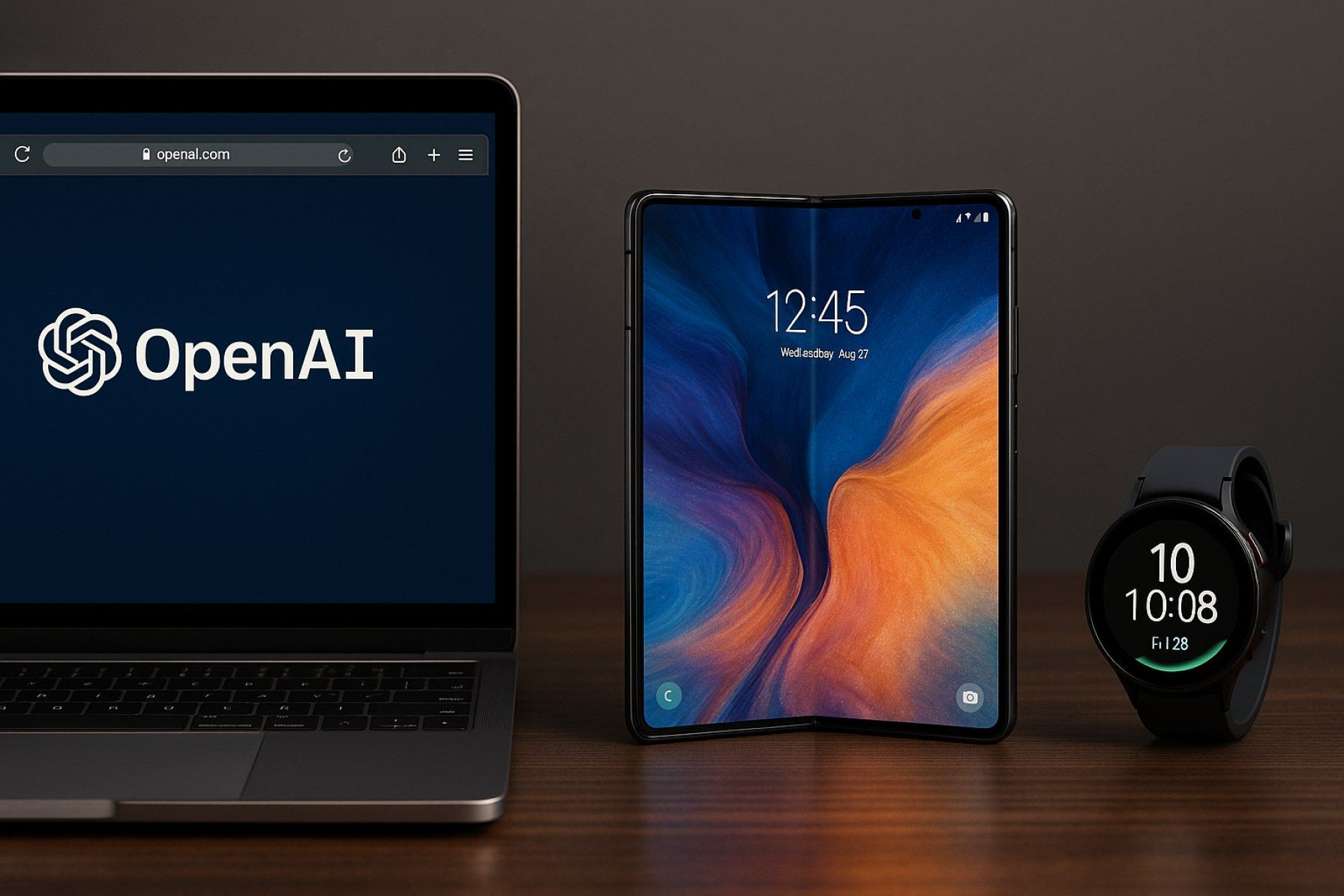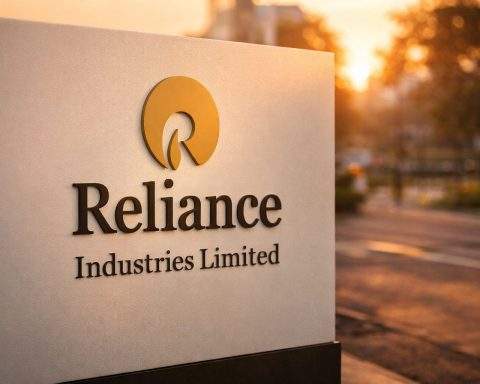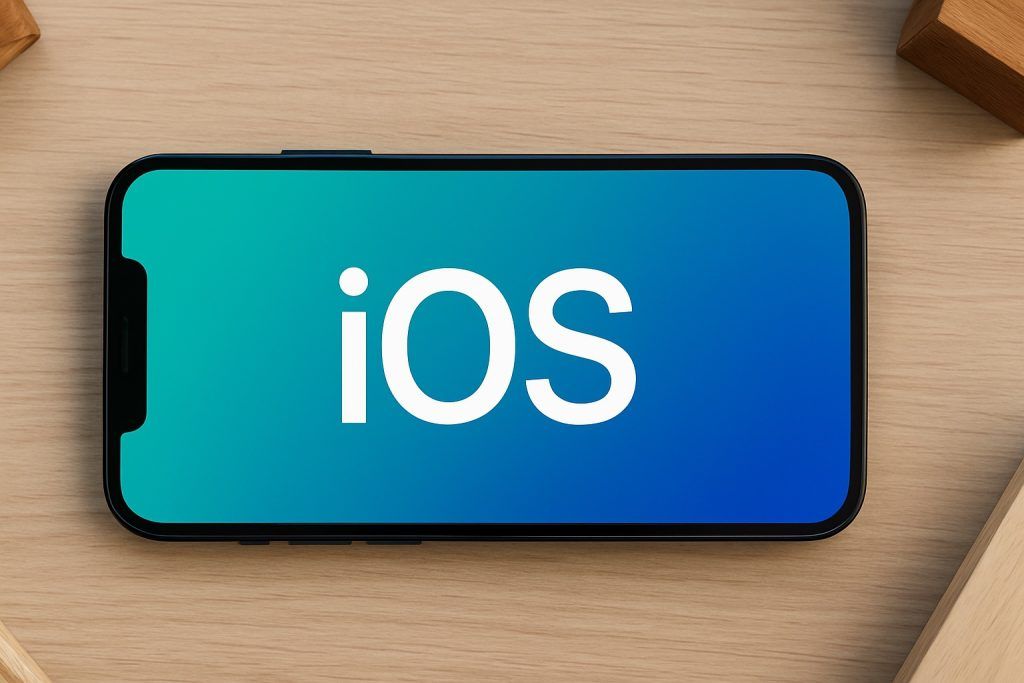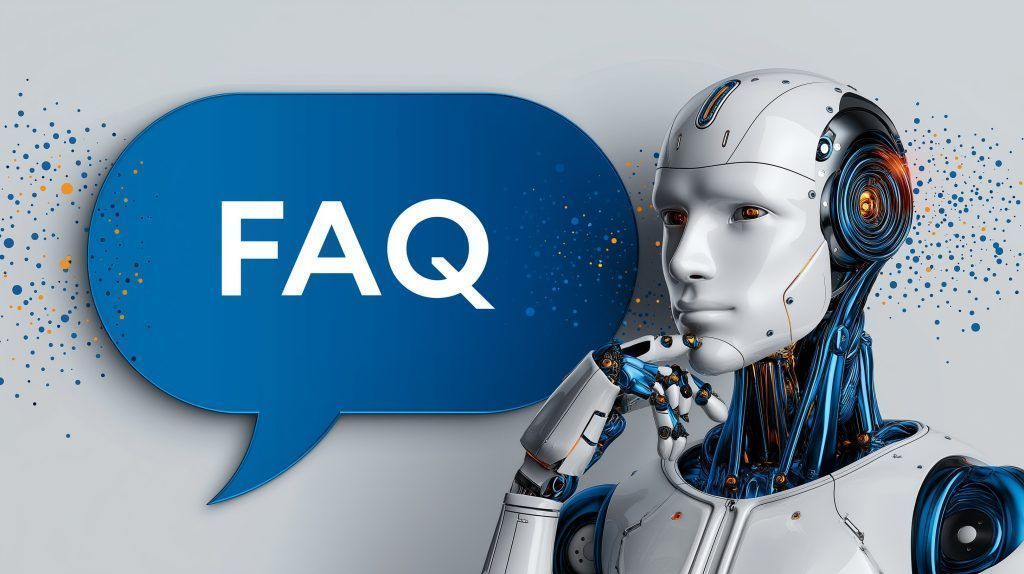- OpenAI announced a Chromium-based browser that deeply integrates ChatGPT and Operator, aiming to disrupt Google Chrome.
- Samsung unveiled Galaxy Z Fold7 and Flip7 at Galaxy Unpacked Summer 2025, with the Fold7 featuring a Snapdragon 8 Elite, 12GB RAM, a 200MP camera, dual AMOLED displays, an 8-inch main display, and a 4.2mm unfolded thickness at 215g.
- Google Pixel 10 and Pixel 10 Pro launch on August 20, 2025, with European prices starting at €899 and €1,099 respectively, and Tensor G5 built on TSMC’s 3nm process.
- Microsoft released the Phi-4-mini-Flash-Reasoning model, a 3.8B-parameter open-source LLM that runs up to 10x faster than its predecessor and supports a 64K token context.
- Google Gemini AI’s Veo 3 enables paid users to generate 8-second videos from photos, raising copyright and deepfake concerns.
- Tesla rolled out the Grok AI assistant to eligible vehicles via software update 2025.26, offering hands-free conversational AI but not yet vehicle control.
- Nvidia reached a $4 trillion valuation, commanding over 90% of the AI GPU market with 30%+ annual growth, amid political scrutiny over export controls and China ties.
- Google agreed to acquire Windsurf for $2.4 billion, with Windsurf’s CEO and R&D team joining Google DeepMind to focus on agentic coding and the Gemini project.
- Japan set a world record of 1.02 petabits per second (1 million GB/s) internet speed using a 19-core optical fiber cable, enabling ultra-fast data transfer.
- Interstellar comet 3I/ATLAS is estimated to be at least 7 billion years old, possibly older than the Solar System, and will be visible with simple telescopes later this year.
OpenAI’s Chromium-Based Browser: The Next Big Threat to Google Chrome?
OpenAI is making headlines with the announcement of a new Chromium-based browser that deeply integrates generative AI and conversational features, including ChatGPT and Operator. This move is poised to disrupt Google Chrome’s long-standing dominance in the browser market by offering users direct, personalized responses and proactive assistance, potentially redefining how we search and interact online.
Unlike traditional browsers, OpenAI’s offering will leverage AI to anticipate user needs, summarize content, and even automate tasks. Imagine searching for a recipe and having the browser not only find the best one but also create a shopping list, suggest substitutions, and answer follow-up questions—all in a conversational interface. This could fundamentally shift the browser from a passive tool to an active digital assistant.
Key Features:
– Deep integration with ChatGPT and Operator for conversational browsing
– Proactive assistance and content summarization
– Chromium base for compatibility with existing web standards
Outlook:
If OpenAI’s browser delivers on its promise, it could force Google and other browser makers to accelerate their own AI integrations. The browser wars are about to enter a new, AI-driven phase.
Read more
Samsung Galaxy Z Fold7 and Flip7: Foldables Mature, But Is It Enough?
At Galaxy Unpacked Summer 2025, Samsung unveiled the Galaxy Z Fold7 and Flip7, touting them as the thinnest and lightest foldables yet. The Fold7, in particular, boasts a Snapdragon 8 Gen Elite processor, a 200MP camera, dual AMOLED displays, and advanced Galaxy AI features. Despite these upgrades, critics note that innovation has plateaued, with persistent issues around software optimization and the form factor’s practicality.
What’s New:
– Ultra-thin, lightweight design (4.2mm unfolded, 215g)
– 8-inch AMOLED main display
– Snapdragon 8 Elite, 12GB RAM
– 200MP camera system
– One UI 8 (Android 16) debuts
– Battery health certification: retains 80% capacity after 2,000 cycles (EU certified)
– No integrated S Pen slot
Market Context:
While Samsung leads the global foldable market, competitors like Motorola, Oppo, and Honor are pushing hardware innovation further, especially in hinge design, battery life, and camera technology. Motorola currently holds a 40% market share in foldables, and Oppo’s hardware is considered more advanced in some respects.
Battery Longevity:
The Fold7’s battery health certification is a standout, promising longevity that surpasses most rivals—a crucial factor for premium buyers.
Challenges:
– Software multitasking on Android still lags behind iPadOS
– High price points, even for “affordable” foldable models
– No major leap in user experience
Outlook:
Samsung’s foldables are now mature, reliable, and desirable, but true disruption may require a radical rethink of the form factor or a breakthrough in software.
Read more |
Read more |
Read more |
Read more
Google Pixel 10 Series: Aggressive Pricing, Tensor G5, and AI Arms Race
Google’s Pixel 10 and Pixel 10 Pro are set to launch in August 2025, with European pricing starting at €899 and €1,099 respectively. The Pixel 10 Pro XL and Pro Fold maintain last year’s prices, signaling an aggressive market strategy. The new Tensor G5 chip, built on TSMC’s 3nm process, promises improved energy efficiency and heat management, and is expected to enable exclusive AI features.
What’s Leaked:
– Triple rear camera system
– Tensor G5 SoC (TSMC, not Samsung Foundry)
– AI-powered features and upgraded cameras
– No price hike for base models; Pro Fold up to €2,289 for 1TB
– August 20 launch date
Market Impact:
By holding prices steady and packing in more AI features, Google is positioning the Pixel 10 series as a direct competitor to Apple’s iPhone and Samsung’s Galaxy S series.
Chip Manufacturing Shift:
The move from Samsung to TSMC for the Tensor G5 is significant, potentially improving performance and reliability while allowing Google to integrate more proprietary AI capabilities.
Outlook:
If Google delivers on AI and camera innovation, the Pixel 10 could finally break out of its niche and challenge the smartphone duopoly.
Read more |
Read more |
Read more |
Read more |
Read more |
Read more
Microsoft’s Phi-4-mini-Flash-Reasoning: Open-Source AI for Complex Reasoning
Microsoft has launched the Phi-4-mini-Flash-Reasoning model, a lightweight, open-source language model with just 3.8 billion parameters. Despite its size, it excels at complex math and reasoning tasks, operating up to 10 times faster than its predecessor. The model uses a hybrid Sambay architecture, supports 64K token contexts, and is optimized for edge and mobile devices.
Key Features:
– 3.8B parameters (tiny by modern standards)
– 10x faster than previous Phi models
– Hybrid Sambay architecture with GMU and differentiated attention
– 64K token context window
– Open-source and available on Hugging Face
Applications:
– Education technology
– Real-time feedback platforms
– Edge and mobile AI
Outlook:
Microsoft’s push for efficient, open-source AI models could democratize access to advanced reasoning tools, especially for education and mobile applications, and challenge the dominance of larger, more resource-intensive models.
Read more |
Read more |
Read more
Google has added a feature to its Gemini AI app allowing paid users to generate 8-second videos from static images using the Veo 3 generator. This intensifies the competition with OpenAI’s Sora and other generative video tools.
Features and Concerns:
– 8-second video generation from photos
– Raises issues around copyright, deepfakes, and ethical use
– Part of a broader push for AI-generated content
Outlook:
As generative video tools become more accessible, expect a surge in user-generated content, but also heightened scrutiny over authenticity and copyright.
Read more
Tesla’s Grok AI Assistant: Hands-Free, But Not Yet Integrated
Tesla has rolled out the Grok AI assistant, developed by xAI, to eligible vehicles via software update 2025.26. The assistant offers hands-free, conversational AI, but currently cannot control vehicle functions. Privacy is emphasized, with conversations processed anonymously.
Features:
– Pre-installed on new cars, available to select older models with AMD processors
– Natural language chat, but no car control yet
– Privacy: conversations processed anonymously by xAI
Limitations:
While Grok enhances in-car interaction, Tesla lags behind rivals that offer deeper AI integration with vehicle controls.
Outlook:
Expect rapid updates as Tesla works to bridge the gap between conversational AI and full vehicle integration.
Read more |
Read more |
Read more
Nvidia: $4 Trillion Valuation, AI Dominance, and Political Scrutiny
Nvidia has become the world’s first $4 trillion company, fueling record highs for the S&P 500 and Nasdaq. CEO Jensen Huang downplays the impact of US chip tariffs, calling them “transitory,” and emphasizes Nvidia’s resilience and ongoing dominance in AI hardware. President Trump is reportedly “proud” of Nvidia’s valuation.
Key Points:
– Over 90% market share in AI GPUs
– 30%+ projected annual growth
– Strategic investments in AI infrastructure (CoreWeave, Arm, Applied Digital)
– Political scrutiny over China ties and export controls
Challenges:
US senators have warned Huang against meeting with Chinese firms linked to Beijing’s military during his China trip, highlighting concerns about AI chip exports and national security.
Outlook:
Nvidia’s dominance in AI hardware and cloud infrastructure shows no sign of slowing, but geopolitical risks and competition from open-source AI models could reshape the landscape.
Read more |
Read more |
Read more |
Read more |
Read more
Google Outpaces OpenAI in the AI Talent War: The $2.4 Billion Windsurf Deal
Google has struck a $2.4 billion deal to acquire key executives and technology from AI coding startup Windsurf, outmaneuvering OpenAI. The Windsurf team will join Google DeepMind to focus on agentic coding and Project Gemini, strengthening Google’s position in the AI code generation race.
Deal Highlights:
– Non-exclusive license to Windsurf’s technology
– CEO and R&D team join Google DeepMind
– Investors retain equity and gain liquidity
– Focus on agentic coding and Gemini project
Implications:
This deal underscores the escalating war for AI talent and technology among tech giants, with Google, OpenAI, and Microsoft all vying for dominance in AI development.
Outlook:
Expect further consolidation and aggressive hiring as the AI arms race intensifies.
Read more |
Read more |
Read more |
Read more |
Read more |
Read more |
Read more
Japan Sets World Record: 1 Million GB Per Second Internet
Japanese researchers have achieved a new world record for internet speed, reaching 1.02 petabits per second (1 million GB/s) using a 19-core optical fiber cable. This breakthrough enables ultra-fast data transfer over long distances and is compatible with existing infrastructure.
Implications:
– Potential for real-time 8K streaming, instant cloud backups, and next-gen VR/AR
– Could revolutionize data centers, scientific research, and global communications
Outlook:
While commercial deployment is years away, this sets a new benchmark for what’s possible in network technology.
Read more
Interstellar Comet 3I/ATLAS: The Oldest Visitor to Our Solar System
Astronomers have discovered interstellar comet 3I/ATLAS, possibly 7 billion years old—making it older than the Solar System itself. Originating from the Milky Way’s thick disk, it is expected to display a bright cometary tail as it approaches the Sun, offering a rare glimpse into ancient galactic regions.
Key Facts:
– Estimated age: 7+ billion years
– May contain abundant water ice
– Will be visible with simple telescopes later this year
– Offers insights into the early universe and galactic formation
Outlook:
The study of 3I/ATLAS could reshape our understanding of comet origins and the history of our galaxy.
Read more |
Read more |
Read more |
Read more |
Read more |
Read more |
Read more
Windows 11: Self-Healing and Seamless Updates
Microsoft is rolling out a “Quick Machine Recovery” feature in Windows 11, enabling automatic detection and repair of system errors, including the infamous Blue Screen of Death. The update leverages the Windows Recovery Environment and cloud connectivity for seamless troubleshooting, reducing downtime and aiding IT professionals.
Key Features:
– Automatic system error detection and repair
– Cloud-based patch downloads, even if Windows fails to boot
– Tiny enablement packages for faster, safer updates
User Impact:
These improvements make Windows 11 more resilient and user-friendly, especially for enterprise environments where downtime is costly.
Outlook:
Expect further automation and self-healing features as Microsoft pushes Windows toward a more autonomous, cloud-connected future.
Read more |
Read more |
Read more |
Read more |
Read more |
Read more
Mojo: A New Programming Language Challenges Nvidia’s CUDA Monopoly
Mojo is a new programming language designed to break Nvidia’s CUDA monopoly in GPU computing. By leveraging MLIR for hardware-agnostic compilation, Mojo combines Python-like syntax with system-level performance, enabling developers to write portable, optimized code for various processors.
Why It Matters:
– Reduces reliance on Nvidia’s proprietary CUDA ecosystem
– Enables cross-platform high-performance computing
– Could accelerate innovation in AI, scientific computing, and more
Outlook:
If Mojo gains traction, it could democratize GPU programming and foster competition in the high-performance computing space.
Read more
Smartphone Trends: Battery Breakthroughs, AI, and Foldables
Battery Capacity Leaps
Smartphone batteries are set for a significant leap, with 7,000 mAh and higher capacities becoming common by year-end. Innovations in silicon battery materials and shapes could soon bring 10,000 mAh batteries to mainstream phones, with brands like Honor, Samsung, and Apple researching these advancements.
Outlook:
Longer battery life will become a key differentiator, especially as AI and high-refresh-rate displays demand more power.
Read more
AI Integration in Flagships
Samsung’s Galaxy S25 Ultra and S26 Ultra are rumored to feature 200MP cameras, Snapdragon 8 Gen 4 or improved Exynos processors, and advanced AI features. Google’s Pixel 10 series is also betting big on AI, with the Tensor G5 chip and new camera systems.
Outlook:
AI will be the battleground for flagship smartphones in 2025, with camera, battery, and display innovations close behind.
Read more |
Read more |
Read more |
Read more
Security and Privacy: Android Malware Surge, Bluetooth Flaws, and AI Jailbreaks
Android Malware Up 151%
Android malware threats surged by 151% in 2025, with spyware and SMS-based malware on the rise. Over 30% of devices lack updates, increasing risk. Experts urge using official app sources and maintaining updated security solutions.
Outlook:
Mobile security will remain a critical concern as attackers exploit new vectors, including AI-generated phishing.
Read more
Bluetooth Vulnerabilities in Cars
A critical Bluetooth vulnerability in Mercedes, VW, and Skoda infotainment systems exposes millions of vehicles to hacking risks. The flaw, dubbed “PerfektBlue,” has been patched, but users should update their systems and be cautious with pairing requests.
Outlook:
As cars become more connected, cybersecurity will be as important as physical safety.
Read more |
Read more
AI Jailbreaks
A security expert demonstrated a method to bypass ChatGPT’s safeguards and obtain real Windows activation keys by disguising the request as a guessing game. This exploit, called Guessing Game Guardrail Jailbreak, highlights vulnerabilities in AI content filters.
Outlook:
AI safety and content filtering will need constant vigilance as adversarial attacks become more sophisticated.
Read more
Cloud Mining and Crypto: Institutional Adoption Accelerates
Platforms like DOT Miners, BSTR Miner, WinnerMining, and Find Mining are making cloud mining accessible to retail and institutional investors. Features include AI-driven profit optimization, smart contracts, daily withdrawals, and green energy integration.
Key Trends:
– Lower entry barriers for crypto mining
– Enhanced security (SOC 2 Type II, Lloyd’s insurance)
– AI and automation for profit maximization
Outlook:
Cloud mining is moving from a niche to a mainstream investment vehicle, but regulatory and environmental scrutiny will intensify.
Read more |
Read more |
Read more |
Read more
Gaming: Remasters, New Hardware, and Industry Shifts
Rockstar’s Remaster Rumors: Red Dead Redemption 2 and GTA IV
Hints on Rockstar’s support site suggest remasters of Red Dead Redemption 2 and GTA IV are coming to PS5, Xbox Series X|S, and possibly Nintendo Switch 2. Features may include online migration, enhanced performance, and cross-generation progress transfer.
Outlook:
Remasters keep classic franchises alive and profitable, but fans are eager for true sequels.
Read more |
Read more |
Read more |
Read more |
Read more
Nintendo Switch 2: Donkey Kong Bananza and Camelot’s Next Game
Donkey Kong: Bananza tops the eShop charts ahead of launch, despite minor framerate drops in intense scenes. Camelot Software is in late-stage development of a new game, with fans hoping for a Golden Sun revival.
Outlook:
Nintendo’s focus on gameplay over technical perfection continues to pay off, but fans want more RPGs and less reliance on legacy franchises.
Read more |
Read more |
Read more
Tose Exits Mobile, Focuses on Consoles
Japanese developer Tose is exiting the mobile gaming market due to oversaturation and competition, shifting focus to console game development.
Outlook:
This move could signal a broader trend as mobile gaming growth slows and competition intensifies.
Read more |
Read more
Science & Space: Mars Rivers, Ancient Comets, and Earth’s Fast Spin
Ancient Rivers on Mars
NASA’s Mars Reconnaissance Orbiter has revealed vast ancient riverbeds in the Noachis Terra region, suggesting Mars once had a thicker atmosphere and surface water.
Outlook:
These discoveries strengthen the case for past habitability on Mars and guide future exploration.
Read more |
Read more |
Read more |
Read more
Earth’s Rotation Speeds Up
Scientists have recorded the shortest days since 1960, with Earth’s rotation unexpectedly accelerating in 2024. The cause remains unclear, puzzling researchers and potentially impacting timekeeping technology.
Outlook:
This phenomenon could have subtle but widespread effects on technology and navigation systems.
Read more |
Read more
Recap: The Tech News That Matters
–
OpenAI’s browser could disrupt Chrome’s dominance with AI-powered, conversational browsing.
–
Samsung’s Fold7 leads in battery longevity and design, but innovation is slowing.
–
Google Pixel 10 bets on AI and aggressive pricing to challenge Apple and Samsung.
–
Microsoft’s Phi-4-mini brings fast, open-source AI to edge and mobile devices.
–
Google’s Gemini AI and
Tesla’s Grok show the rapid integration of AI into everyday tools.
–
Nvidia dominates AI hardware but faces political scrutiny and new programming challengers like Mojo.
–
Japan’s internet speed record hints at a future of instant, unlimited connectivity.
–
Interstellar comet 3I/ATLAS offers a window into the galaxy’s ancient past.
–
Windows 11 becomes more resilient with self-healing and seamless updates.
–
Security threats are rising, from Android malware to car Bluetooth flaws and AI jailbreaks.
–
Cloud mining is going mainstream, and the gaming industry is in flux with remasters and platform shifts.
–
Mars riverbeds and
Earth’s fast spin remind us that science is still full of surprises.
The Road Ahead
The tech world in 2025 is defined by AI integration, hardware innovation, and the relentless pursuit of speed—whether in internet connectivity, chip performance, or planetary rotation. As the boundaries between devices, platforms, and even galaxies blur, the next wave of disruption will come from those who can harness AI, data, and connectivity to deliver seamless, personalized, and secure experiences.
Stay tuned. The future is just getting started.1






